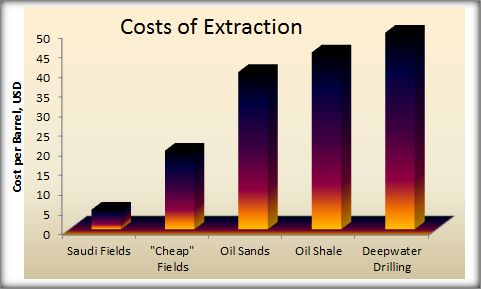SniperFire
Senior Member
Here we go again....
Libertarians want to ensure equal rights for all and in so doing would impose laws that would limit the ability of the majority to impose it's will on the minority and this is wrong because it;s their god given right because who cares about individual rights when you have the numbers right? Do I have your argument right?
I think Einstein had you in mind when he came up with his definition of insanity.
You are babbling and spinning off on a tangent once again.
actually no that's your argument. Libertarians are totalitarians because they would prevent people from passing a law .
Ah. You are going back to the other discussions where some of you jackbooters were claiming you would not permit vast majorities of locals to pass laws to start a local soup kitchen, because that would destroy your puritanical requirements for Libertarian Rule.
No, in this instance I was referring to your insistence that the American Way of supporting democracy and freedom around the globe was 'imperialism,' even though other libertarians would disagree with you.
We just have to keep your oppressive dictates straight here.

